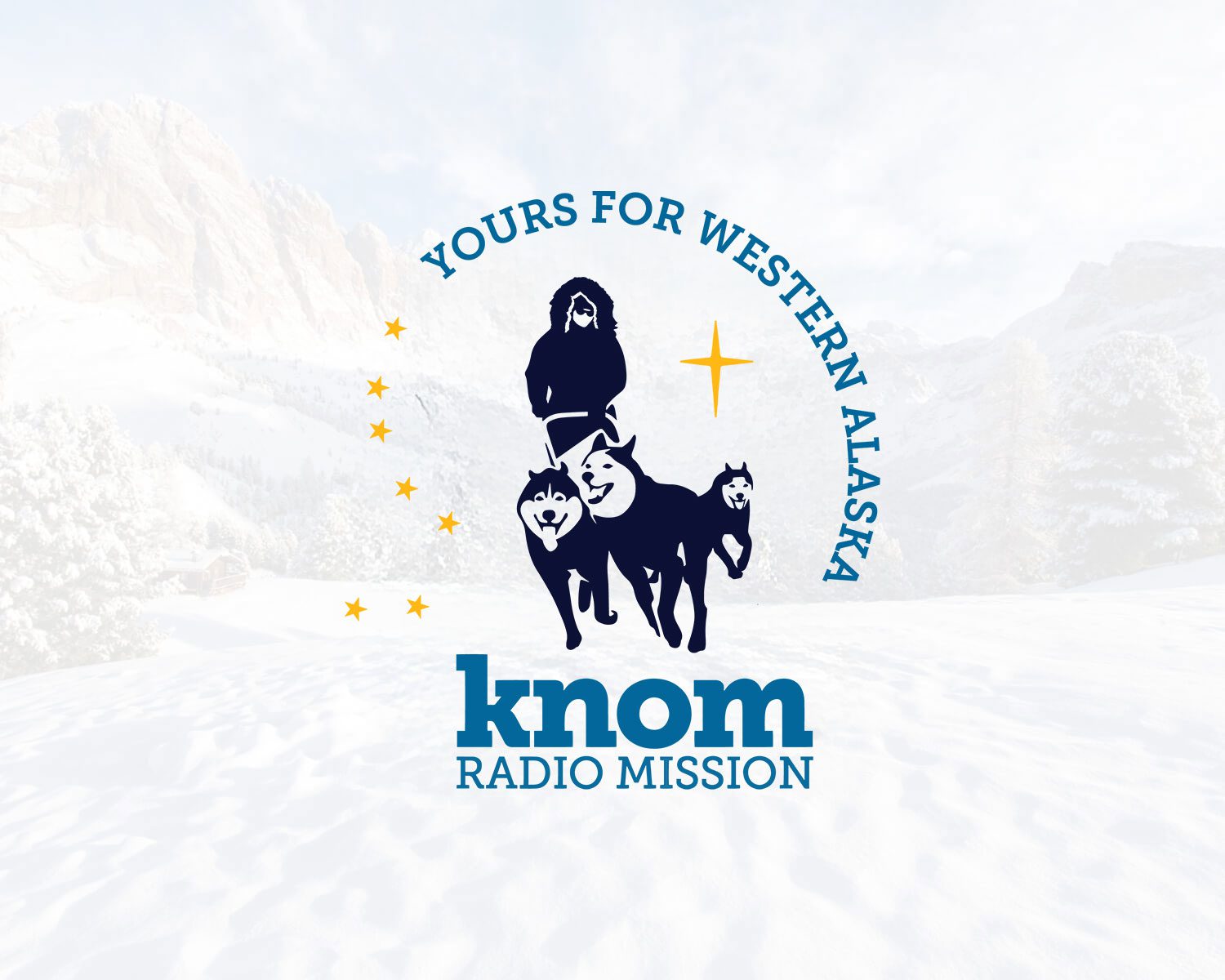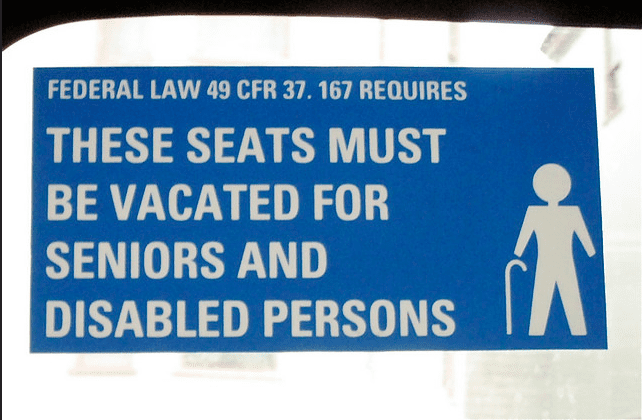This Sounding Board is now over, but you can listen here! If you’d like to continue the conversation, feel free to do so in the comments below. Thank you to those who joined us in the studio, called in, sent an email or listened.
Quyanna Yaayuk Alvanna-Stimpfle, member of the Alaska Native Language Preservation and Advisory Council, for joining us in the studio as our live guest.
Thanks to our callers throughout the hour. Here’s a summary of their comments:
Roger in White Mountain spoke about the importance of teaching native language to students at a young age and also how today’s budget cuts encourage resourcefulness in educators and communities.
Maddie in Nome shared what she learned about immersion schools in her travels, speaking specifically about a native language immersion school in Hawaii that has a 100% graduation rate. She linked a loss of native language to a loss of self-identity, and referred to Alaska’s high suicide rate saying that learning and teaching native languages could literally save lives.
Dan in Nome spoke of his own experience growing up within two cultures, the value of being connected to his cultural roots, and the confusion he felt in school when he was expected to learn English.
Josie in Nome called to speak of her own experiences speaking Inupiaq in her home while growing up. She teaches cultural studies for grades 3-6 at Nome Elementary School and said that students are very enthusiastic to learn, especially when language is taught in context with cultural customs and understandings. She spoke highly of learning language through complete immersion programs. She said elders are the keepers of the language and she looks to her elders for help with language. She also voiced how wonderful it feels to be able to speak your native language to people in town.
Annie in Nome sat down for a pre-recorded interview before the show and also called in toward the end of the hour to share some last remarks. She is the cultural studies teacher for grades K-2 at Nome Elementary school. She worries that as we lose more and more of our elders, the language will be lost with them. During her interview she recommended recording elders and the language now. Quyanna for calling and interviewing, Annie!
Thank you to those who sent emails in including:
Lawrence in Mary Igloo’s camp who wrote about his own long-lasting psychological trauma from being punished for speaking native language in schools. He emphasized the importance of starting native language education for young students and carrying it forth through high school. He recommended looking at what is being done in Bethel as an example.
Fawn in Nome sent an email about growing up in Oklahoma as part of the Ponca and Cherokee Tribes and learning her language through singing and hearing Native hymns. She wrote, “Songs are an amazing way to hand down the language and I want to encourage parents to sing to your kids in your language, be it at church or in your home.”
* * *
Language isn’t just communication; it’s also a part of culture and identity. This week on Sounding Board, we’re coming together to discuss native languages, and we’d like to hear from you.
- Do you speak your native language?
- How did you learn it: in your home, in your school or in your community?
- How do you think that learning should happen?
- How has learning your language influenced your life?
- What improvements could be made to language teaching/learning?
We’ll be joined in the studio by Yaayuk Alvanna-Stimpfle, who is a member of the Alaska Native Language Preservation and Advisory Council.
Please tune in and call in this Thursday at 10a.m. on Sounding Board with your thoughts. Have something to share right now? Email us at talk@knom.org!






